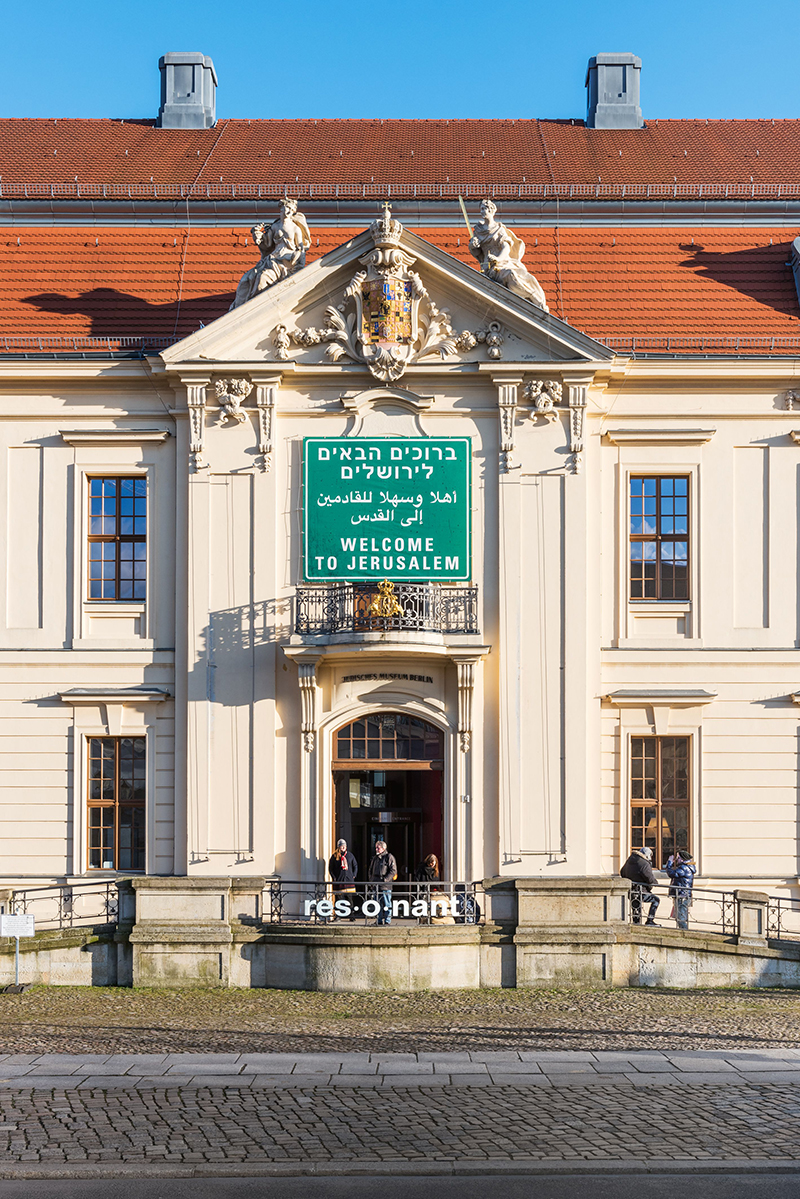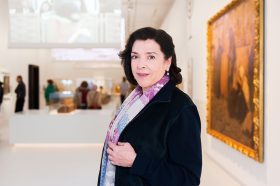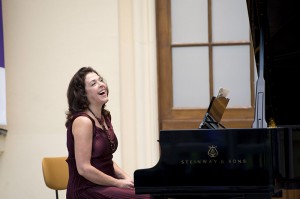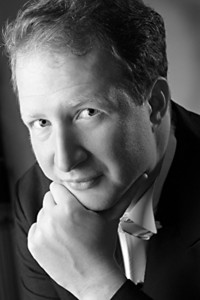On the difficulties the organizers of the “Welcome to Jerusalem” exhibition encountered doing justice to the ideal of justice

The much-discussed sign outside the museum, Jewish Museum Berlin, photo: Jule Roehr
In the Islamic tradition and in the Koran itself, the biblical story of David and Uriah is told in a metaphorical form that differs from the version in the Bible (Koran: Sura 38/21–25): two brothers come to King David and ask him to settle a dispute between them. One of them describes the situation. He tells David that his brother has 99 ewes, but he himself only has one. Now his brother was pressuring him to give him his only ewe. Directly after this brief depiction, David passes his judgment: the one brother’s desire to add the one ewe to his 99 was an injustice to the other brother. The judgment could have been the end of the story, had David not suddenly realized that his decision was unjust. He regretted it deeply. Many Muslim commentators have discussed the sudden turn in the story. One explanation for why the judgment is unjust despite the clarity of the situation is that David made his decision after hearing only one side. In this interpretation, the moral of the story is that in conflicts or disputes, both sides must be allowed to present their perspectives and arguments. → continue reading
An interview with Elena Bashkirova

Elena Bashkirova; Jewish Museum Berlin, photo: Jule Roehr
On 21 April 2018, the Glass Courtyard of the Jewish Museum Berlin will be opened for the seventh annual chamber music festival intonations, featuring Händel’s “Arrival of the Queen of Sheba.” Echoing our exhibition Welcome to Jerusalem, this year’s program features pieces that highlight the sanctity of Jerusalem. Elena Bashkirova, artistic director of the festival, took a tour of the exhibition then spoke with us about the “holy city,” the founding of intonations in Berlin, and the music that will be presented in the festival in the coming days: → continue reading
An Interview with Elena Bashkirova
From 7 to 11 May, we will host a chamber music festival in the museum’s Glass Courtyard. Katharina Schmidt-Narischkin and Sylvia Winkler of our press office spoke in advance with the festival’s director Elena Bashkirova.
Press office JMB: As festival director, what themes have you chosen to emphasize this year?

Elena Bashkirova, festival director and pianist
© Monika Rittershaus
Elena Bashkirova: Our themes have been determined this year by two anniversaries: on the one hand, the start of the First World War 100 years ago and its impact on music; on the other hand, the 150th birthday of Richard Strauss. Both anniversaries augur a varied program for “intonations”: 1914 saw an astonishing richness of musical styles, which our concerts will reflect. And Strauss composed chamber music nearly his entire life, so I have a wide range of pieces and genres to choose from.
Every year at “intonations,” chamber music classics can be heard together with unknown works. What composers should visitors expect to discover in this third season?

David Robert Coleman, composer and conductor © private
Rudi Stephan was an extraordinary discovery for me. I heard Music for Orchestra and Violin a few years ago here in Berlin. I was impressed and deeply touched by it. As I was putting together the programs for “intonations,” I found his gorgeous chamber music and was delighted to have the chance to present it here with my colleagues. Rudi Stephan died in the war when he was 28. Given his talent, he would otherwise have certainly provided us with more outstanding music.
There will also be another world premiere: the fourth concert, on Saturday 10 May, will open with David Coleman’s “Three pieces for clarinet and piano.” Another significant composer this year will be Karol Szymanowski. He has his own tonal language, writing hauntingly beautiful music that unfortunately is played much too seldom. → continue reading



